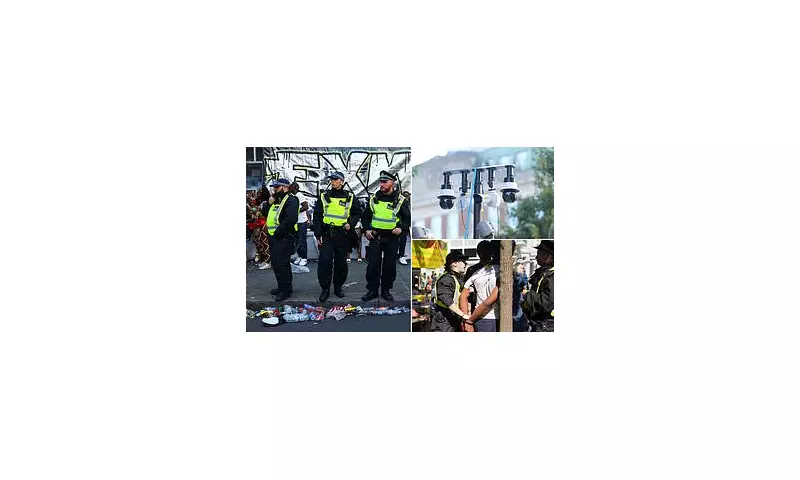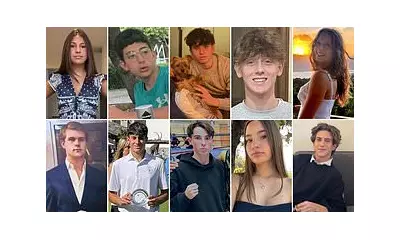
Scotland Yard has reported one of the most challenging Notting Hill Carnivals in recent memory, with a staggering 528 individuals taken into custody over the two-day event. The Metropolitan Police revealed that this year's operation saw a significant deployment of controversial facial recognition technology, which they credit with driving down serious violence at Europe's largest street festival.
Technology Takes Centre Stage in Policing Operation
Met Commander Louise Puddefoot confirmed that live facial recognition cameras were strategically positioned throughout west London, scanning revellers as they passed through key points. The controversial technology, which has faced staunch opposition from privacy campaigners, successfully identified numerous individuals wanted for serious offences including violence and sexual crimes.
Arrest Breakdown and Incident Response
Police made 275 arrests on the carnival's final day alone, adding to the 253 from the previous day. The offences ranged from possession of offensive weapons and drugs to serious assaults. Emergency services treated 78 people for injuries, with 15 requiring hospital treatment for stab wounds and other serious injuries.
Weapons Seizures and Public Safety Measures
Officers confiscated a significant number of dangerous weapons including 29 knives, several firearms, and corrosive substances. The Met emphasised that despite the high arrest numbers, the use of facial recognition acted as a powerful deterrent against would-be offenders.
Civil Liberties Concerns Emerge
Civil liberty groups have expressed alarm at the extensive use of surveillance technology during the cultural event. Big Brother Watch condemned the approach as "Orwellian in the extreme," arguing that turning London into a surveillance city during a community celebration sets a dangerous precedent for policing methods.
Police Defend Tactical Approach
Commander Puddefoot defended the strategy, stating: "The significant reduction in serious violence is directly attributable to the effectiveness of this technology. It allows us to identify those who pose the greatest risk and remove them from causing harm." The Met confirmed that 42 arrests were directly linked to facial recognition matches.
As the clean-up operation continues in west London, the debate around balancing public safety with privacy rights looks set to intensify, with implications for future major events across the capital.





